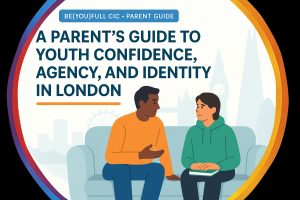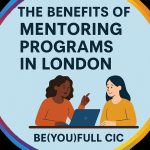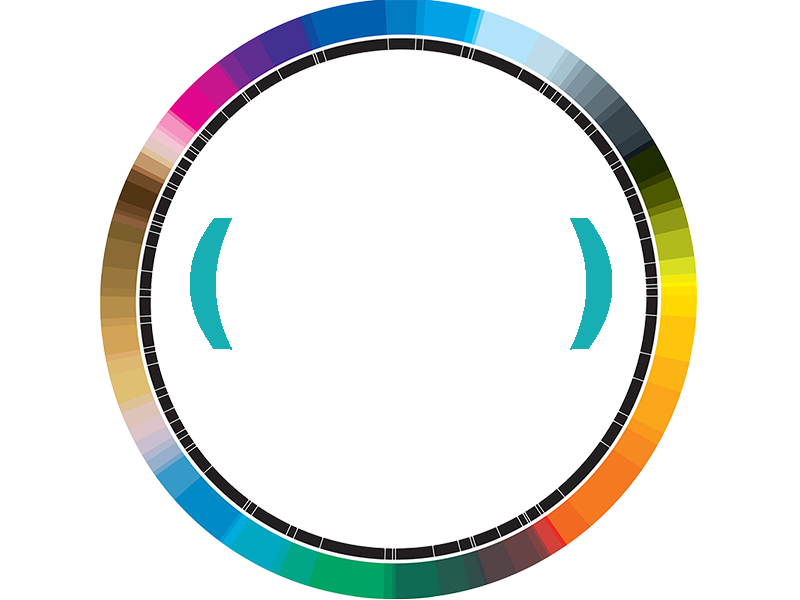Which Approach Enhances Educator Effectiveness: Mentoring or Coaching?
- By BE.YOU.FULL
- In Blog

When considering whether mentoring or coaching is more efficient for educators, it’s essential to understand the distinct roles and benefits each approach offers.
Coaching: Focused Skill Development
Coaching is typically more structured and goal oriented. It involves working with educators to enhance specific skills or competencies, often through targeted feedback and practice. Coaches help educators set measurable goals, develop action plans, and provide ongoing support to achieve those goals. This approach can lead to immediate improvements in teaching practices and student outcomes, making it highly efficient for addressing specific challenges in the classroom.
Mentoring: Holistic Growth and Support
On the other hand, mentoring tends to be more relational and long-term. It focuses on the overall development of the educator, including their professional identity, values, and career trajectory. Mentors provide guidance, share experiences, and offer emotional support, which can be invaluable for educators navigating complex environments. While mentoring may not yield immediate results like coaching, it fosters a deeper sense of belonging and professional growth over time.
Efficiency in Context
The effectiveness of mentoring versus coaching depends on the context and the specific needs of the educators involved. For instance, if an educator is looking to improve a particular teaching strategy or classroom management technique, coaching may be the more efficient choice. Conversely, if an educator is seeking guidance on career development or navigating workplace challenges, mentoring could provide the necessary support.
Both mentoring and coaching have their unique advantages and can be highly effective in different scenarios. Coaching is often more efficient for skill development and immediate performance improvement, while mentoring supports long-term growth and professional identity. The best approach may involve a combination of both, allowing educators to benefit from targeted skill enhancement while also receiving the holistic support that mentoring provides. The choice between mentoring and coaching should be guided by the specific goals and circumstances of the educators involved.
Mentoring vs Coaching - What Best Enhances Educator Effectiveness?
Clear answers for teachers, middle leaders, and SLT on when to use mentoring, when to coach, and how to measure impact.
What’s the difference between mentoring and coaching for educators?
When should schools choose mentoring over coaching?
When is coaching the better option?
Can mentoring and coaching be combined effectively?
How do we measure impact on teaching and learning?
What does a high-quality session look like?
What training or supervision do mentors and coaches need?
How do safeguarding and ethics apply in mentoring/coaching?
- Share:
You may also like

A Parent’s Guide to Youth Confidence, Agency, and Identity in London
- December 1, 2025
- by BE.YOU.FULL
- in Blog

The State of Youth Mentoring in London 2025


